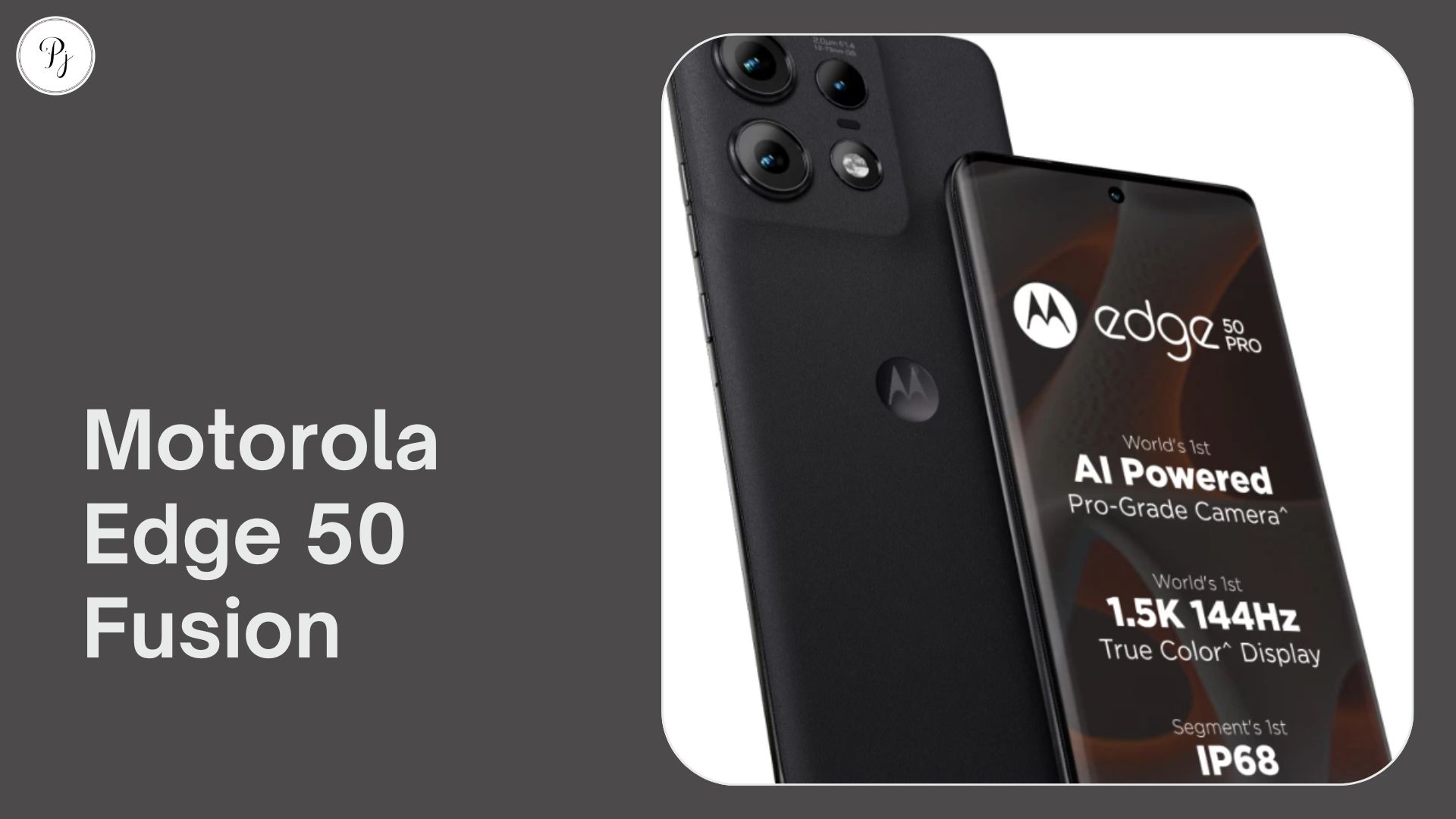The world is changing rapidly, and so are the industries that operate in it. Technology trends such as artificial intelligence (AI), the Internet of Things (IoT), virtual and augmented reality (VR/AR), cloud computing, blockchain, and 5G are transforming the way businesses create value, deliver services, and interact with customers. In this article, we will explore how these trends are impacting different industry sectors and what solutions they offer for the challenges and opportunities ahead.
AI Industry Solutions: Enhancing Decision-Making, Automation, and Innovation

AI is one of the most powerful and disruptive technologies of our time. It enables machines to learn from data, perform complex tasks, and generate new insights and solutions. AI is being applied across various industries, such as:
-
Healthcare
AI can help diagnose diseases, recommend treatments, monitor patients, and discover new drugs.
-
Manufacturing
AI can optimize production processes, improve quality control, reduce waste, and enable predictive maintenance.
-
Finance
AI can automate transactions, detect fraud, provide personalized advice, and enhance risk management.
-
Retail
AI can personalize customer experiences, optimize inventory management, improve logistics, and generate recommendations.
However, AI also poses some challenges and risks, such as ethical issues, data privacy, security threats, and human oversight. To address these issues, businesses need to adopt AI Trust, Risk, and Security Management (AI TRISM) frameworks that ensure the governance, trustworthiness, fairness, reliability, robustness, efficacy, and data protection of AI systems.
IoT Industry Solutions: Connecting Devices, Data, and People
IoT is the network of physical objects that are embedded with sensors, software, and connectivity that enable them to exchange data with other devices and systems. IoT can enhance operational efficiency, enable real-time monitoring and control, and create new business models and revenue streams. IoT is being used in various industries, such as:
-
Energy
IoT can enable smart grids, smart meters, smart lighting, and smart buildings that optimize energy consumption and generation.
-
Transportation
IoT can enable smart vehicles, connected cars, smart traffic management, and smart mobility services that improve safety, efficiency, and convenience.
-
Agriculture
IoT can enable smart farming, smart irrigation, smart livestock management, and smart food supply chains that increase productivity, quality, and sustainability.
-
Education
IoT can enable smart classrooms, smart learning environments, smart devices, and smart educational content that enhance learning outcomes and experiences.
However, IoT also faces some challenges and risks, such as data security, interoperability, scalability, and regulatory compliance. To address these issues, businesses need to adopt Applied Observability frameworks that use AI to analyze and make recommendations from the data emitted by IoT devices and systems.
VR/AR Industry Solutions: Creating Immersive Experiences
VR/AR are technologies that create simulated or enhanced realities that can be experienced through headsets or mobile devices. VR/AR can create immersive experiences that engage customers, enhance learning, and enable collaboration.
VR/AR is being used in various industries, such as:
-
Entertainment
VR/AR can create interactive games, movies, shows, and concerts that offer more fun, variety, and personalization.
-
Tourism
VR/AR can create virtual tours, destinations, and attractions that offer more convenience, accessibility, and affordability.
-
Healthcare
VR/AR can create virtual simulations, training, and therapy that offers more accuracy, efficiency, and effectiveness.
-
Education
VR/AR can create virtual classrooms, labs, and field trips that offer more engagement, interaction, and exploration.
However, VR/AR also face some challenges and risks, such as technical limitations, user acceptance, content quality, and ethical implications. To address these issues, businesses need to adopt Metaverse frameworks that enable the creation and integration of virtual worlds that are interoperable, standardized, and secure.
Cloud Computing Industry Solutions: Enabling Scalability, Flexibility, and Innovation

Cloud computing is the delivery of computing services such as servers, storage, databases, networking, software, analytics, and intelligence over the internet. Cloud computing can enable scalability, flexibility, and innovation for businesses by reducing costs, increasing speed, improving reliability, and enhancing security.
Cloud computing is being used in various industries, such as:
-
Technology
Cloud computing can enable software-as-a-service (SaaS), platform-as-a-service (PaaS), and infrastructure-as-a-service (IaaS) models that offer more functionality, customization, and accessibility for technology products and services.
-
Finance
Cloud computing can enable banking-as-a-service (BaaS), insurance-as-a-service (IaaS), and payments-as-a-service (PaaS) models that offer more convenience, transparency, and security for financial products and services.
-
Healthcare
Cloud computing can enable health-as-a-service (HaaS), telemedicine-as-a-service (TaaS), and diagnostics-as-a-service (DaaS) models that offer more accessibility, affordability, and quality for healthcare products and services.
-
Retail
Cloud computing can enable commerce-as-a-service (CaaS), logistics-as-a-service (LaaS), and marketing-as-a-service (MaaS) models that offer more efficiency, optimization, and personalization for retail products and services. However, cloud computing also faces some challenges and risks, such as data sovereignty, vendor lock-in, performance issues, and regulatory compliance. To address these issues, businesses need to adopt Industry Cloud Platforms that provide cloud solutions that are tailored to the specific needs and standards of different industry sectors.
Blockchain Industry Solutions: Enhancing Transparency, Security, and Efficiency
Blockchain is a distributed ledger technology that records and verifies transactions in a secure, transparent, and decentralized manner. Blockchain can enhance transparency, security, and efficiency for businesses by eliminating intermediaries, reducing fraud, and enabling automation. Blockchain is being used in various industries, such as:
-
Finance
Blockchain can enable cryptocurrencies, digital wallets, smart contracts, and decentralized finance (DeFi) that offer more accessibility, affordability, and autonomy for financial transactions and services.
-
Supply Chain
Blockchain can enable traceability, provenance, quality assurance, and sustainability for supply chain transactions and processes.
-
Healthcare
Blockchain can enable data sharing, consent management, identity verification, and credentialing for healthcare transactions and processes.
-
Government
Blockchain can enable voting, identity management, public records, and e-governance for government transactions and processes.
However, blockchain also faces some challenges and risks, such as scalability, interoperability, adoption barriers, and regulatory uncertainty. To address these issues, businesses need to adopt Platform Engineering frameworks that enable the design, development, deployment, and management of blockchain platforms that are scalable, interoperable, and compliant.
5G Industry Solutions: Accelerating Connectivity, Speed, and Performance

5G is the fifth generation of mobile network technology that offers faster speed, lower latency, higher bandwidth, and greater reliability than previous generations. 5G can accelerate connectivity, speed, and performance for businesses by enabling more data, devices, and applications to communicate and interact in real-time. 5G is being used in various industries, such as:
-
Transportation
5G can enable autonomous vehicles, connected cars, smart traffic management, and intelligent transportation systems that improve safety, efficiency, and convenience.
-
Manufacturing
5G can enable industrial IoT, robotics, digital twins, and edge computing that optimize production processes, improve quality control, reduce waste, and enable predictive maintenance.
-
Entertainment
5G can enable immersive media, live streaming, cloud gaming, and social VR/AR that offer more fun, variety, and personalization.
-
Education
5G can enable remote learning, collaborative learning, adaptive learning, and gamified learning that offer more engagement, interaction, and exploration.
However, 5G also faces some challenges and risks, such as infrastructure costs, security threats, health concerns, and environmental impacts. To address these issues, businesses need to adopt Wireless-Value Realization frameworks that measure and optimize the value and impact of 5G investments and deployments.
Latest Technology Trends for 2023
In addition to the above trends, some new technologies are emerging or gaining momentum in 2023. These technologies have the potential to create new opportunities and challenges for different industry sectors.
Here are some of the latest technology trends for 2023:
-
Gene Editing
Gene editing is the technology that allows scientists to modify the DNA of living organisms. Gene editing can be used for various purposes, such as curing diseases, enhancing traits, creating new species, or altering ecosystems.
Gene editing is being used in various industries, such as:
-
Healthcare:
Gene editing can be used to treat genetic disorders, cancer, infectious diseases, or aging by modifying the DNA of human cells or tissues.
-
Agriculture
Gene editing can be used to improve crop yields, resistance, or quality by modifying the DNA of plants or seeds.
-
Biotechnology:
Gene editing can be used to create new biofuels, materials, or products by modifying the DNA of microorganisms or animals.
However, gene editing also poses some challenges and risks, such as ethical dilemmas, social implications, unintended consequences, or regulatory barriers. To address these issues, businesses need to adopt Bioethics frameworks that ensure the responsible and ethical use of gene editing for the benefit of humanity and the environment.
-
Quantum Computing
Quantum computing is the technology that uses the principles of quantum physics to perform computations that are faster, more powerful, and more secure than classical computers. Quantum computing can be used for various purposes, such as solving complex problems, simulating natural phenomena, or encrypting data.
Quantum computing is being used in various industries, such as:
- Science: Quantum computing can be used to advance scientific research, discovery, and innovation by simulating quantum systems, molecules, or materials.
- Finance: Quantum computing can be used to optimize financial models, portfolios, or strategies by solving optimization problems, performing Monte Carlo simulations, or generating random numbers.
- Cybersecurity: Quantum computing can be used to enhance cybersecurity, privacy, and trust by encrypting data, creating quantum keys, or detecting quantum attacks.
- -Healthcare: Quantum computing can be used to improve healthcare outcomes and quality by analyzing medical data, designing drugs, or diagnosing diseases.
However, quantum computing also faces some challenges and risks, such as technical difficulties, scalability issues, cost barriers, or quantum supremacy. To address these issues, businesses need to adopt Quantum Readiness frameworks that enable the adoption and integration of quantum computing into their existing systems and processes.
-
Brain-Computer Interface (BCI)
BCI is the technology that allows direct communication between the brain and a computer or device. BCI can be used for various purposes, such as enhancing cognition, controlling devices, or communicating thoughts.
BCI is being used in various industries, such as:
– Healthcare: BCI can be used to treat neurological disorders, restore sensory functions, or augment abilities by stimulating, recording, or decoding brain signals.
– Entertainment: BCI can be used to create immersive games, movies, shows, or concerts by sensing, modifying, or generating brain activity.
– Education: BCI can be used to enhance learning outcomes and experiences by measuring, analyzing, or influencing brain states.
– Military: BCI can be used to improve military performance and security by enhancing, monitoring, or commanding brain functions.
However, BCI also faces some challenges and risks, such as ethical concerns, social impacts, psychological effects, or security threats. To address these issues, businesses need to adopt Neuroethics frameworks that ensure respect, protection, and empowerment of human brains and minds.
Conclusion
Technology trends are shaping the future of business by creating new opportunities and challenges for different industry sectors. Businesses need to adopt industry solutions that leverage these trends to enhance their competitive advantage, customer value, and social responsibility. By doing so, they can achieve their strategic goals and thrive in the digital era.





